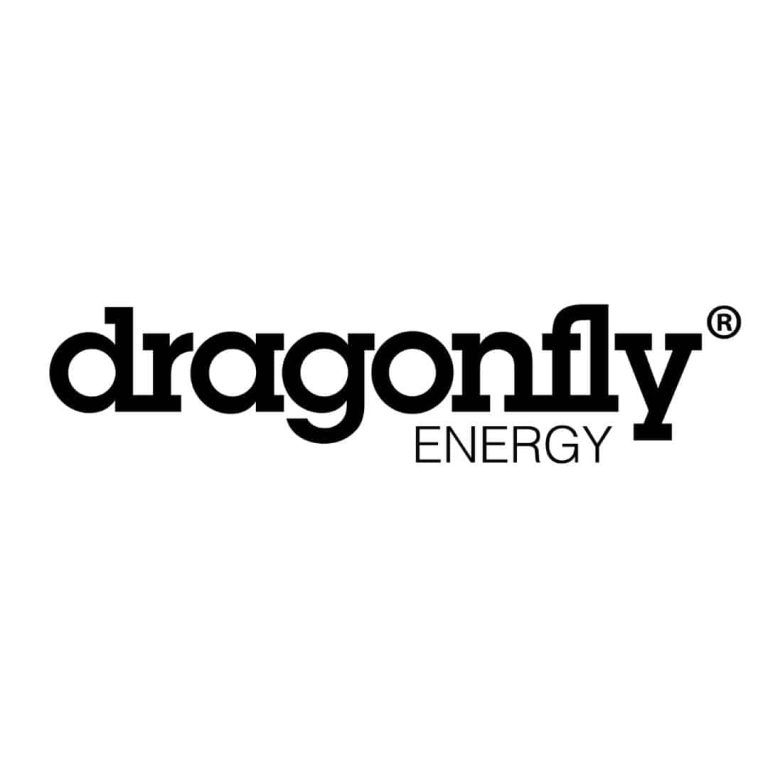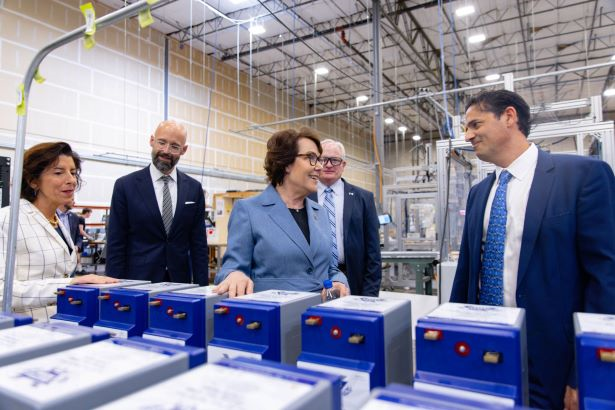Policymakers around the country are recognizing the urgency of shifting to clean energy sources. Governments have the authority and power to steer policy towards sustainability, particularly amidst the ongoing energy crisis. This movement is not just an environmental imperative—it’s also an economic one, as the transition promises to unlock new industries and job opportunities.

By channeling investments and creating robust frameworks, governments can catalyze the development and adoption of renewable energy technologies. Strategic policymaking can drive innovation while ensuring energy security and reducing carbon emissions. Such efforts are crucial in building a resilient energy infrastructure that can withstand the challenges of climate change. They also come at a time when green energy initiatives are needed more than ever.
A concerted approach involving regulatory support, financial incentives, and public-private partnerships can lay the foundation for an era prioritizing renewable energy. Here, we’ll discuss the incentives states should nurture to make clean energy a cornerstone of global energy systems.
How the Federal Government Encourages Clean Energy Adoption
Players at all levels of government are deploying a variety of incentives to accelerate the adoption of clean energy. Providing tangible incentives for individuals and businesses to invest in green energy practices, these initiatives are both environmentally significant and economically beneficial. Let’s unpack some policies already in place that support sustainable energy practices.
Energy Investment Tax Credit (ITC)
The Energy Investment Tax Credit (ITC) stands as a cornerstone policy for promoting clean energy. Originally established to support solar energy development, the ITC allows businesses to claim a tax credit for a significant portion of their investment in solar energy systems. This incentive has been instrumental in the exponential growth of solar installations, making solar energy a more viable and affordable option.
Emission Reduction Credits (ERCs)
Emission Reduction Credits (ERCs) offer another pathway for fostering cleaner energy practices. ERCs are essentially tradable assets that businesses earn by reducing their emissions below a certain baseline. These credits can then be sold or traded to other companies, fostering a market-driven approach to reducing emissions.
This system encourages industries to innovate and invest in cleaner technologies. Doing so contributes to a decrease in overall air pollution, improving air quality and promoting sustainability.
The Inflation Reduction Act
Signed into law in 2022, the Inflation Reduction Act represents a monumental step by the federal government to combat climate change and bolster clean energy adoption. This comprehensive legislation includes a range of provisions targeting greenhouse gas emissions and promoting energy efficiency. It offers new incentives for households and businesses to invest in clean energy technologies, including tax credits and rebates, and expands on existing opportunities like the ITC.
These governmental initiatives are vital in steering our society towards a more sustainable and energy-efficient future. They work side by side with other clean energy programs highlighted by the Environmental Protection Agency. By providing these incentives, governments are not only encouraging the adoption of renewable energy; they are also paving the way for economic growth and environmental stewardship.
State-Level Incentives
State-level government initiatives play a crucial role in complementing national efforts to encourage clean energy adoption, particularly for businesses. Each state offers a unique set of incentives, reflecting their individual environmental goals and economic strategies. These incentives are pivotal in making renewable energy projects more feasible and attractive for businesses.
Many states actively use incentives such as tax credits, rebates, grants, and loan programs to attract renewable energy businesses. For instance, some states offer property tax exemptions for renewable energy installations, making it more affordable for businesses to integrate clean energy into their operations. Sales tax incentives are also common, reducing the upfront costs associated with purchasing renewable energy equipment.

Many states also implement Renewable Portfolio Standards (RPS), which require a certain percentage of electricity to come from renewable sources. This creates a stable market for renewable energy and encourages utility companies to source more power from clean sources. To support these standards, states often provide Renewable Energy Certificates (RECs) to businesses that generate renewable energy—which can be sold or traded, adding an additional revenue stream.
Furthermore, many states also foster innovation in renewable energy through research and development incentives. These programs provide financial support for businesses developing new green energy technologies, driving forward technological advancements in the sector.
The Clean Energy States Alliance offers a comprehensive guide on the various clean energy initiatives adopted by states, reflecting a growing commitment to achieving 100% clean energy. This collaborative effort among states demonstrates a shared understanding of the importance of clean energy for both environmental sustainability and economic vitality.
Paving the Way to a Greener Tomorrow: Dragonfly Energy's Commitment
From the overarching federal framework of the Inflation Reduction Act to myriad state-level incentives, the US is attempting to lay the groundwork for a market-driven sustainable energy future in a serious way. These state moves underscore the importance of collective action in addressing climate change and promoting economic growth through green practices.
At the forefront of this green revolution is Dragonfly Energy. Our company is deeply committed to fostering sustainable and clean energy solutions. With state-of-the-art renewable energy storage solutions like our deep-cycle lithium-ion batteries and innovative Dragonfly Intelligence technology, we make clean energy more accessible and reliable.
Dragonfly Energy is an advocate for a cleaner, more sustainable future. Our patented manufacturing processes and non-flammable solid-state battery cells are at the cutting edge of technology, demonstrating our commitment to innovation and safety. Visit Dragonfly Energy and take a step towards a more sustainable and energy-efficient future!



